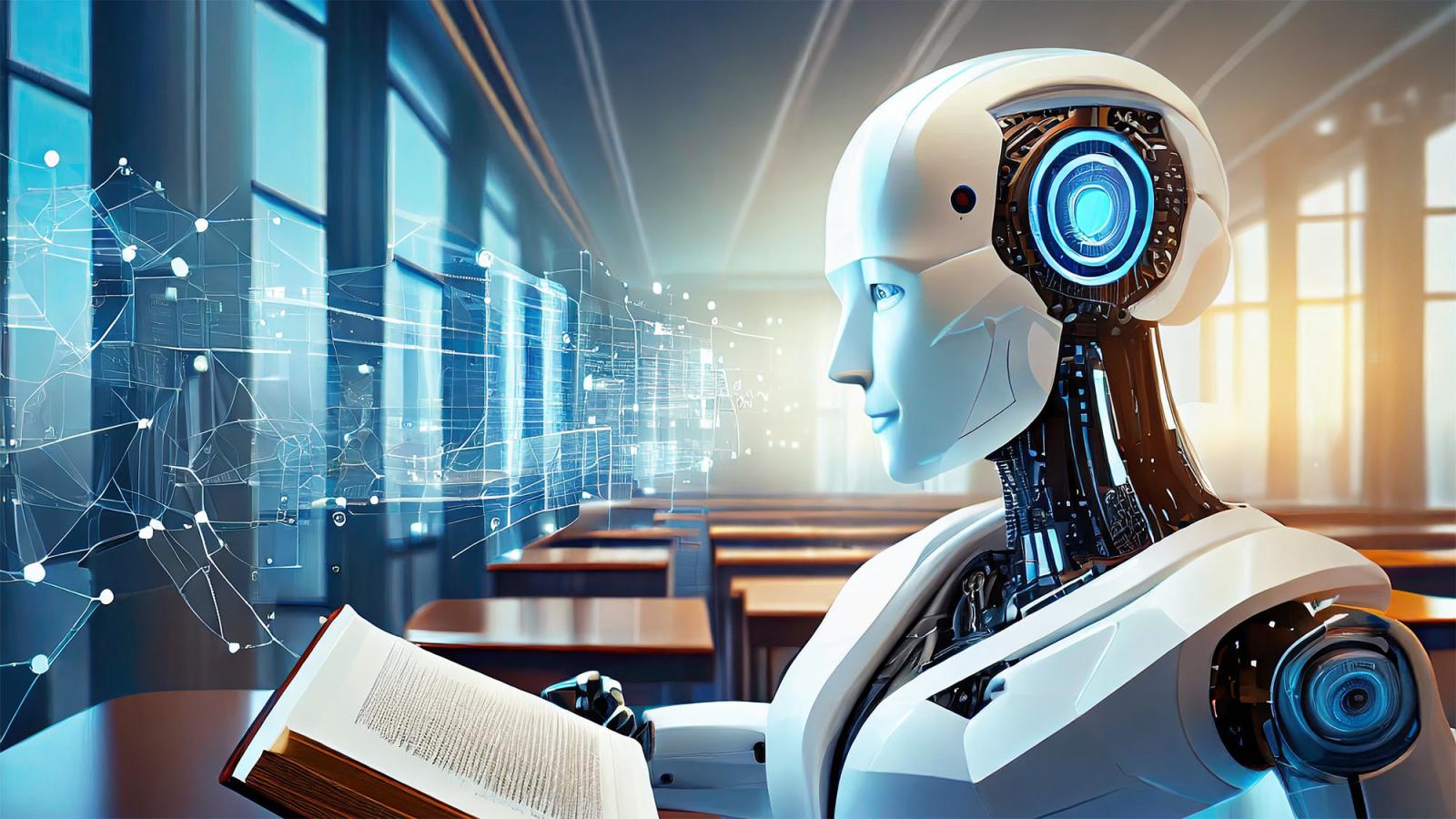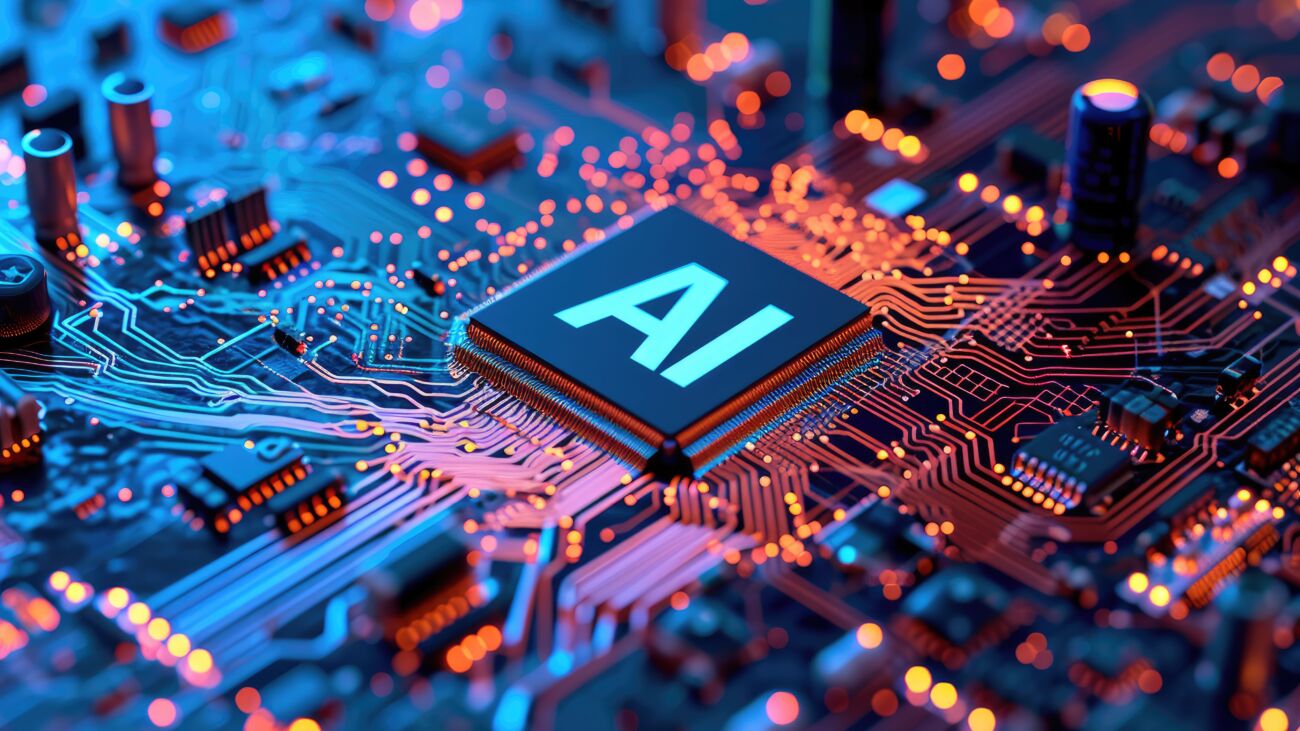The Dawn of a New Era: How AI is Reshaping Our World
Imagine waking up to a world where your smartphone predicts your daily needs before you even think about them, where doctors can diagnose diseases with superhuman accuracy, and where cars drive themselves through busy Canadian winters. This isn't science fiction anymore – it's the reality of artificial intelligence in 2025. As we stand at the crossroads of technological revolution, AI has become more than just a buzzword; it's the driving force behind the most significant changes our society has ever witnessed.
The rapid advancement of AI technology has created both incredible opportunities and complex challenges that affect every aspect of our lives. From the bustling tech hubs of Toronto and Vancouver to the remote communities across Canada's vast landscape, artificial intelligence is transforming how we work, learn, and interact with the world around us. Understanding these changes isn't just important for tech enthusiasts – it's essential for anyone who wants to thrive in our increasingly digital future.
In this exploration of AI's future, we'll dive deep into the exciting possibilities that lie ahead, examine the real challenges we must address, and discover how Canada is positioning itself as a global leader in responsible AI development. Whether you're a student considering your career path, a professional looking to adapt to new technologies, or simply curious about what tomorrow might bring, this journey through AI's landscape will provide you with the insights you need to navigate our rapidly evolving world.
Unprecedented Opportunities: AI's Promise for Tomorrow
The opportunities presented by artificial intelligence are nothing short of revolutionary. In healthcare, Canadian researchers at the University of Toronto have developed AI systems that can detect early-stage cancer with 94% accuracy – significantly higher than traditional screening methods. Dr. Sarah Chen, a leading AI researcher at Montreal's McGill University, explains: "We're witnessing AI's ability to process vast amounts of medical data in seconds, identifying patterns that might take human doctors weeks to recognize. This isn't about replacing healthcare professionals; it's about giving them superpowers."
Transforming Canadian Industries
Canada's diverse economy is experiencing an AI-driven transformation across multiple sectors. In agriculture, farmers in Saskatchewan are using AI-powered drones to monitor crop health and optimize irrigation, resulting in 23% higher yields while reducing water usage by 18%. The mining industry, crucial to Canada's economy, has embraced AI for predictive maintenance and safety monitoring, with companies like Barrick Gold reporting 31% fewer equipment failures since implementing AI systems in early 2025.
The financial sector hasn't been left behind either. Toronto's Bay Street has become a testing ground for AI-powered trading algorithms and fraud detection systems. Canadian banks have reported preventing over $2.8 billion in fraudulent transactions during the first quarter of 2025 alone, thanks to advanced machine learning models that can identify suspicious patterns in real-time.
Educational Revolution
Perhaps nowhere is AI's potential more exciting than in education. Canadian universities and colleges are pioneering personalized learning experiences that adapt to each student's unique learning style and pace. Professor Michael Robertson from the University of British Columbia notes: "AI tutoring systems are providing 24/7 support to students, helping them master complex concepts at their own speed. We're seeing 40% improvement in student engagement and 28% better retention rates in courses that utilize AI-assisted learning."
Navigating the Challenges: The Other Side of Innovation
While the opportunities are immense, the challenges posed by AI are equally significant and demand our immediate attention. The rapid pace of AI development has created a complex web of ethical, social, and economic concerns that Canadian society must address thoughtfully and decisively.
Employment Displacement and Economic Disruption
One of the most pressing concerns is the potential displacement of jobs across various sectors. A recent study by the Canadian AI Institute suggests that approximately 2.4 million Canadian jobs could be significantly affected by AI automation over the next decade. However, this challenge comes with a silver lining – the same study indicates that AI could create 1.8 million new positions requiring different skill sets.
Dr. Jennifer Walsh, an economist at York University, provides perspective on this transition: "We're not facing job elimination; we're experiencing job evolution. The key is ensuring our workforce is prepared for this transition through comprehensive retraining programs and educational reforms that emphasize AI literacy alongside traditional skills."
Privacy and Ethical Concerns
The increasing integration of AI into daily life raises serious questions about privacy and data security. Canadian consumers are becoming more aware of how their personal information is collected, processed, and used by AI systems. Recent surveys indicate that 73% of Canadians express concern about AI companies having access to their personal data, while 68% worry about AI systems making decisions that affect their lives without human oversight.
The challenge extends beyond individual privacy to broader ethical considerations. AI bias, where systems perpetuate or amplify existing societal inequalities, has become a critical concern. Canadian researchers have documented instances where AI hiring tools showed bias against certain demographic groups, and facial recognition systems demonstrated lower accuracy rates for people of color – issues that demand immediate attention and systemic solutions.
Canada's Strategic Response: Leading by Example
Canada has emerged as a global leader in responsible AI development, taking a proactive approach to addressing both opportunities and challenges. The federal government's investment of $2.9 billion in AI research and development over the past two years has positioned the country at the forefront of ethical AI innovation.
Regulatory Framework and Governance
In March 2025, Canada became one of the first countries to implement comprehensive AI governance legislation. The Artificial Intelligence and Data Act (AIDA) establishes clear guidelines for AI development and deployment while fostering innovation. This balanced approach has attracted international attention and investment, with major tech companies establishing AI research centers in Canadian cities.
The legislation includes provisions for algorithmic transparency, requiring companies to explain how their AI systems make decisions that affect Canadians. It also establishes the Canadian AI Safety Institute, which monitors AI development and ensures compliance with ethical standards. This regulatory framework has created a competitive advantage for Canada, attracting responsible AI companies while deterring those with questionable practices.
Investment in Human Capital
Recognizing that technology alone isn't sufficient, Canada has invested heavily in human capital development. The government's AI Skills Initiative has provided training opportunities to over 450,000 Canadians since its launch in early 2025. These programs range from basic AI literacy courses for the general public to advanced technical training for professionals looking to transition into AI-related fields.
Universities across Canada have expanded their AI and machine learning programs, with enrollment increasing by 187% compared to 2024. The University of Waterloo, already renowned for its computer science programs, has launched Canada's first undergraduate degree in AI Ethics, reflecting the growing recognition that technical skills must be balanced with ethical understanding.
Industry Transformation: Real-World Applications
The theoretical promise of AI is being realized through concrete applications across Canadian industries. These real-world implementations demonstrate both the transformative potential and the practical challenges of AI adoption.
Healthcare Innovation
Canadian healthcare has embraced AI as a solution to long-standing challenges. The Alberta Health Authority's AI-powered patient triage system has reduced emergency room wait times by an average of 34 minutes while improving diagnostic accuracy. Similarly, Ontario's AI-assisted radiology program has decreased the time required for medical imaging analysis from days to hours, significantly improving patient outcomes.
Mental health services have also benefited from AI integration. Chatbots developed by Canadian researchers provide 24/7 mental health support, particularly valuable in remote communities where access to mental health professionals is limited. These systems have handled over 2.1 million interactions since their deployment, providing crucial support during mental health crises.
Environmental and Climate Applications
Canada's commitment to environmental sustainability has found a powerful ally in AI technology. Climate modeling systems powered by machine learning are providing more accurate weather predictions and helping communities prepare for extreme weather events. The Canadian Forest Service uses AI to predict and prevent wildfires, with early detection systems reducing response time by 43% during the 2025 fire season.
Smart city initiatives in Vancouver and Toronto are using AI to optimize energy consumption, reduce traffic congestion, and improve waste management. These systems have contributed to a 12% reduction in urban carbon emissions while improving quality of life for residents.
Preparing for Tomorrow: Skills and Adaptation
As AI continues to evolve, the importance of developing relevant skills and adapting to new realities cannot be overstated. The future belongs to those who can work alongside AI systems, leveraging their capabilities while providing the human insight, creativity, and emotional intelligence that machines cannot replicate.
The most valuable skills in an AI-driven world combine technical understanding with uniquely human capabilities. Critical thinking, creative problem-solving, emotional intelligence, and ethical reasoning are becoming increasingly important. Canadian educational institutions are responding by integrating these skills into their curricula, preparing students for careers that don't yet exist but will be crucial in the AI-powered future.
The future of AI presents us with both unprecedented opportunities and significant challenges. As we've explored, the potential benefits – from revolutionary healthcare advances to environmental solutions – are matched by serious concerns about employment, privacy, and ethical implications. Canada's thoughtful approach to AI governance and development offers a model for other nations, demonstrating that it's possible to embrace innovation while protecting citizens' rights and interests. The key to success lies not in fearing or blindly accepting AI, but in actively shaping its development to serve humanity's best interests. By investing in education, maintaining strong ethical standards, and fostering inclusive dialogue about AI's role in society, we can ensure that the future of artificial intelligence is bright, equitable, and beneficial for all Canadians.


